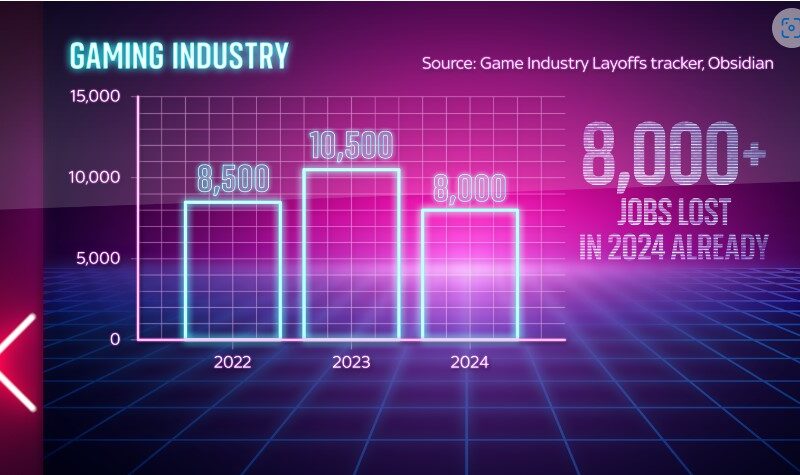By John Pickard, Brentwood Labour Party member
In the absence of face-to-face gatherings, the labour movement has had to resort to meetings, discussions and conferences going on-line. Never as good as real meetings, Zoom, Teams and other platforms have nevertheless provided a limited stopgap, where otherwise there would have been a complete absence of contact and organisation.
Some on-line meetings have broken records, like the meeting of 100,000 member of the National Education Union in the first week of January, a world-record for a trade union meeting of any kind. In fact, it was this meeting that pushed the Tories into the current lockdown, when they had planned to open schools. What Zoom has shown is that it is possible to make direct contact with union members on an unprecedented scale, without them even having to go out to a meeting on a cold, winter’s night.
Separated by thousands of miles
Zoom has also meant that political discussions are now regularly taking place between activists separate by hundreds or even thousands of miles. These clear gains from on-line contact will not be lost, if and when life returns to something like ‘normality’. Face-to-face meetings and conferences will return, but, hopefully, some of the advantages of on-line contact, as an alternative or supplement to real meetings, will be retained.
The disadvantage of on-line meetings is that it is clear from anecdotal evidence that they need to be far more time limited than real meetings. It is nothing for a conference session or a meeting to last three or four hours, but the maximum stamina for online meetings seems to be nearer to two hours. In April, for example, the NEU will hold its annual conference online over four days, but with a two-hour session each day. No doubt there is scope for psychological research into why that is the case, but it does seem to be true.
Beware an over-reliance on online links
But a far more serious disadvantage of online meetings and the use of social media lies in the ability of big tech companies to censor content and accounts. In the long run, if there was an over-reliance on online communications and meetings, it would pose a danger to the labour movement.
Few labour movement activists will have had any regrets over Twitter freezing Donald Trump’s account. By the time he was kicked off that platform, he was able to tweet out his mixture of lies, prejudice, ignorance and bile to nearly nine million followers. Neither is there any great outcry on the left over the freezing out of the Parler social media platform, which was used by the White supremacist groups like the Proud Boys in the USA.
Parler, Wikipedia will tell you, is “an American alt-tech microblogging and social networking service. It has a significant user base of Donald Trump supporters, conservatives, conspiracy theorists, and right-wing extremists”. It had over two million active users. The app for joining and using Parler used to be available in the Apple Store and Google Play stores, but following the January 6 storming of the Washington Capitol, these were closed off.

Freedom of speech
No part of society has fought longer and harder for freedom of speech than the labour movement. But we should not have a ‘libertarian’ view of free speech; we should not allow an open platform for fascists and racists. When it comes to ‘morality’, the view of the labour movement must be that what is of benefit to the working class is morally right and what is to the detriment of the working class is not. Freedom or restriction of speech is something that must be judged by the needs of the labour movement, not those of big business.
That said, it is worth looking at the way Parler was dropped by powerful social media and IT corporations and how they have been able to censor other speakers with whom they disagree.
it was not the US government that blocked Parler temporarily; it was the Apple corporation itself. With only a twenty-four hour warning, it dropped Parler from its Apple stores and, having a monopoly over its hardware products, that meant that it was effectively banned from all Apple devices. Google similarly dropped Parler from its Google Play store, but the coup de grace came when Amazon, whose servers had hosted Parler, pulled the plug. In the end, with an irony probably lost on its participants, Parler was only restored by being offered the hosting services of a Russian company.
Right-wing groups on Parler
What this example illustrates, although we don’t have an iota of sympathy for the extreme right-wing groups on Parler, is the ease with which these big tech companies can close down political groups. All of the tech giants, without exception, collaborate willingly with the Chinese government in censoring the online and social media content available to Chinese population, so they are well used to censorship. These are anti-labour, anti-union, tax-dodging companies, and they are beginning to flex their technical muscle on a bigger scale.
PFLP speaker blocked by Zoom
More recently, and more ominously for the left, last September, Zoom cancelled a webinar due to be held at San Francisco State University that was going to be addressed by Leila Khaled, a prominent member of the Popular Front for the Liberation of Palestine. The PFLP was one of those Palestinian groups that followed the disastrous policy of hijacking and terrorism in the 1960s and 1970s and Khaled herself took part in two plane hijackings.
But fifty years later, the whole political situation has changed. Yet the PFLP is still deemed to be a ‘terrorist’ organisation by the US government and on that basis Zoom cancelled the event. Significantly, YouTube and Facebook also intervened to stop her address. So it only takes the US government to deem a Marxist organisation as ‘terrorist’ for it to be banned by these tech giants.

Facebook blocks SWP
Then in December last year, in Britain, Facebook disabled the account of the Socialist Workers’ Party as well as over forty-five left wing activists and fifteen Facebook pages. All of the individuals and pages concerned were socialists, left wing political activists, campaigners against racism or climate change, or those who had expressed solidarity with Palestine. No reasons were given for the disabling of these accounts and when some of them (though not all) were reinstated a month later (after a wide protest campaign), Facebook offered a lame excuse about an automatic ‘algorithm-checking’ process.
The labour movement cannot trust for one moment the excuses and rationale of multi-billion dollar, tax-dodging companies, all of whom work hand in glove with the likes of the US and Chinese governments. What these incidents show is both the capacity and a growing willingness of big tech corporations to turn their technical muscle into political clout. It is a trend the labour movement will ignore to its peril.
Struggles to change society will depend at least in the early stages, such as at present, on the use of social media and online platforms. But in the longer term, the fight for socialist ideas can only be made certain by meetings demonstrations, strikes and organisations of real working-class people. Social media might help, but the real job to be done is on the streets, in the communities and in the workplaces.
Free and universal broadband
How would a socialist government handle social media? It is something that needs to be discussed. The nearest the Corbyn-led Labour Party came to a policy was to advocate free, universal broadband access, a good policy in itself, but limited. The socialist movement should go further than that. We should advocate that social media platforms are no longer subject to the secretive and rigid control of a handful of multi-billionaires. They should not be run by private corporations with the aim of mining personal details for profit.
They should be owned and democratically managed by users and subscribers, with the support of IT specialists and elected bodies. The terms of operation of social media platforms would be open to scrutiny and their storage of personal data tightly proscribed by transparent protocols. How public ownership relates to international links is open to discussion and would need to be resolved, but there is sufficient know-how available for international compatibility and links to be maintained on any platform, even if national governments took different views to platform ownership.
One thing certain is that the labour movement cannot simply take social media and online platforms as a ‘given’ or that we take them for granted. There needs to be a balanced approach to their use and policies developed to properly manage and control them in the future. They cannot be left forever in the control of handful of multi-billionaires.



